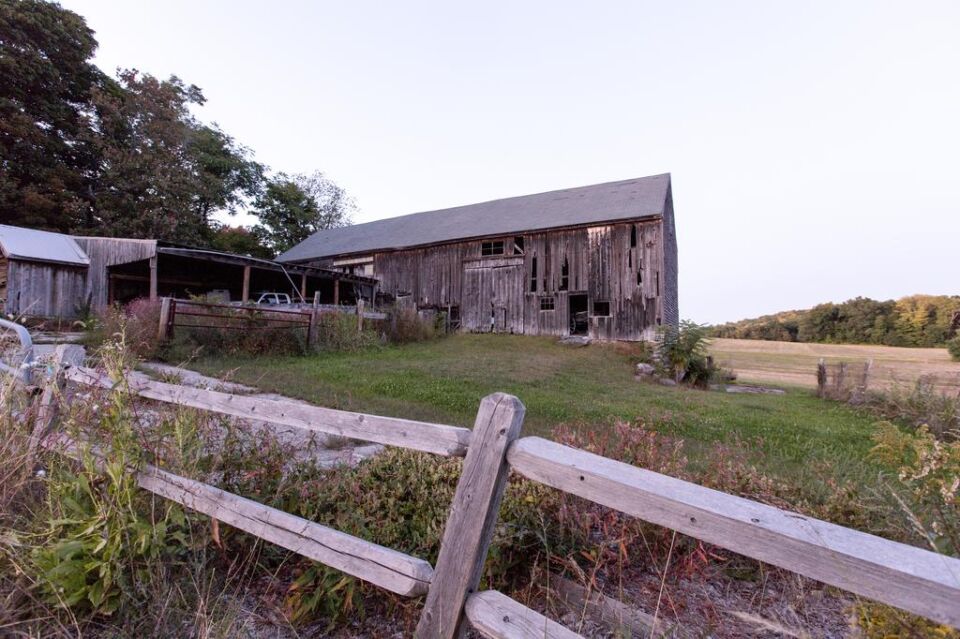
July 2, 2024
Commentary: Farmworker fairness bill needs action on Beacon Hill
BY Boston Business Journal
Massachusetts is running its agricultural economy on the backs of seasonal and migrant farmworkers, depriving most of them of a fair minimum wage, overtime and rest breaks. We are keeping the people whose backbreaking labor brings us our famed asparagus, apples, cranberries, corn, milk, yogurt and cheese in severe poverty.
Massachusetts allows farmworkers to be paid $8 an hour – 47% of the state’s $15 an hour minimum wage for every other worker. These workers — very often they are whole families, with parents and children working alongside — work all farm season with no required day of rest, and no overtime pay, despite working an average of 60 hours or more a week. The results are completely predictable: Compared to all other families in Massachusetts, twice as many farmworker families live in severe poverty: 17.6% compared to 8.3%. And 38% of farmworker families live in, or near, poverty compared with 16.9% of all other families in Massachusetts.
This isn’t a small problem affecting only a handful of workers. Massachusetts has a sizable agriculture sector, with more than 7,000 farms producing more than $600 million in agricultural goods each year and employing 14,000 farmworkers. Only about one-third of the farms in Massachusetts employ farmworkers, with most of the work coming during seasonal planting and harvesting, and in nurseries and greenhouses.
The Fairness for Farmworker Act sponsored by Springfield Democrats Sen. Adam Gomez and Rep. Carlos Gonzalez, would include Massachusetts farmworkers under the protections of state minimum wage and overtime laws, provide farmworkers with critical opportunities to rest and recover from their difficult, skilled manual labor, and create a refundable tax credit to help farmers pay their employees more equitably for their work.
Conceding the need for long hours during planting and harvesting, the legislation allows farmers to start paying overtime at 55 hours, not 40.
In calling on the Legislature to support the Fairness for Farmworkers legislation, the ACLU said the courts can’t help farmworkers until the state changes the law and adopts farmworker protections like those now in place in California, Colorado, New York, Washington and other states.
The ACLU also points out that the overwhelming majority of farmworkers in Massachusetts are workers of color, and that lower wages and a lack of work protections are vestiges of the long-jettisoned Jim Crow laws codifying racial discrimination.
The effort to end this discriminatory law, to apply minimum wage, day of rest and overtime protections to the people who plant and harvest our food – is in its second try, but should this try fail advocates, farmworkers, and supporters are at the ready to refile.
Time is running out. Farmworkers, again, are in our cornfields, orchards, nurseries and cranberry bogs working exhausting hours at hard labor in what is shaping up to be the hottest summer on record. And unless the Legislature acts, they will do that work for poverty wages, without overtime, and with no day of rest. That is not an outcome any of us should want.
Georgia Katsoumolitis is executive director of the Massachusetts Law Reform Institute. Claudia Quintero is a staff attorney for the Migrant and Seasonal Farmworkers Project at Central West Justice Center in Springfield, and an assistant professor of law at Western New England University School of Law.
